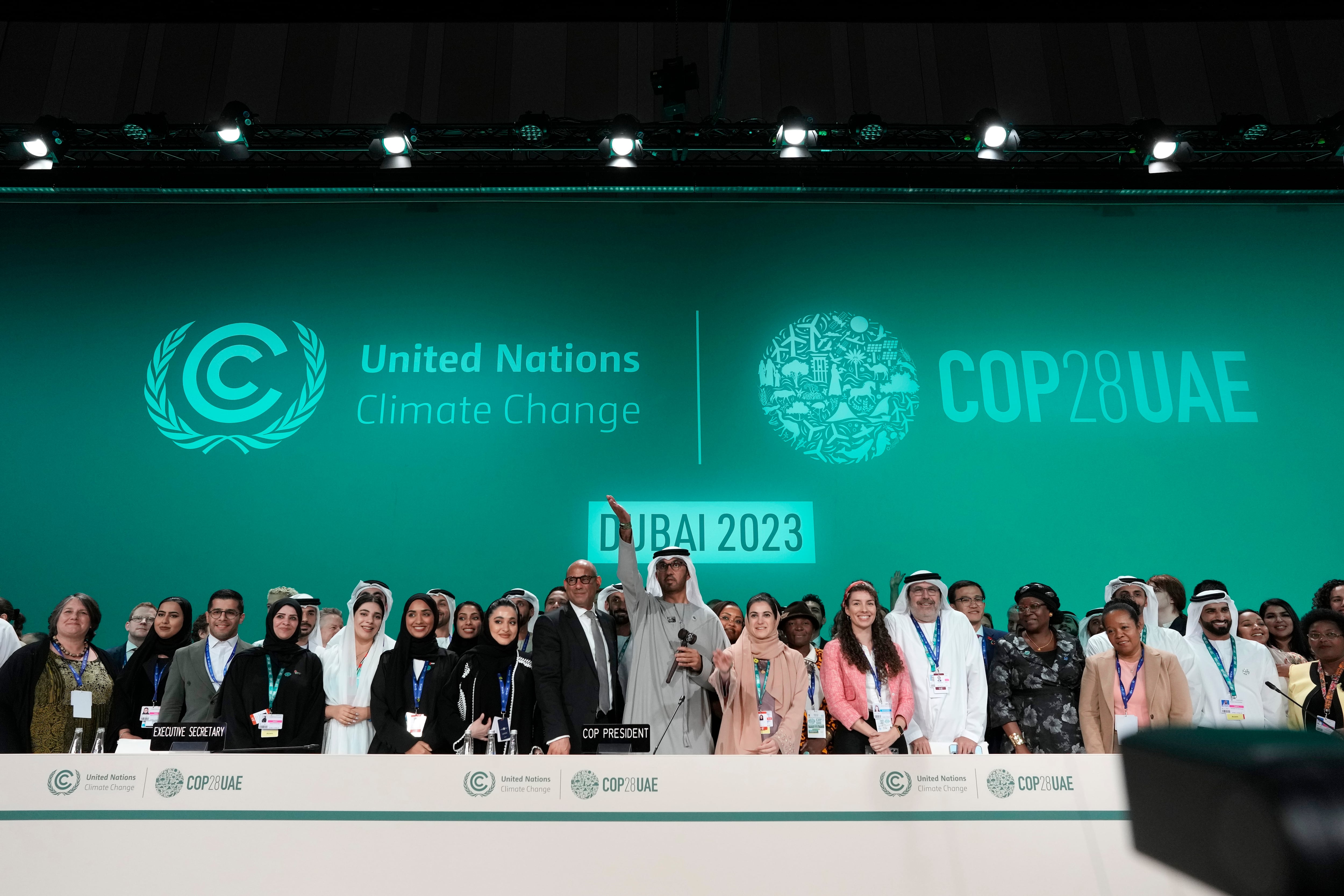This week President Trump signed a directive that will refocus America's space program on human exploration and discovery. Hanneke Weitering, Staff Writer at Space.com, joins Cheddar to discuss whether this decision means more funding from the White House for NASA. Weitering believes Trump's vision for what NASA can and should do is a little unclear at the moment, but says it won't impact private space exploration companies. She also talks about the Deep Space Gateway, which is supposed to be used as a "rest stop" on the way to the moon! Plus, she explains what research will be done in the next 5-10 years. NASA would like to look at different energy sources and explore more of the moon's surface.












